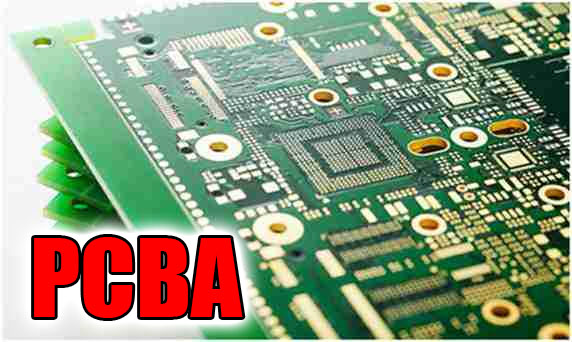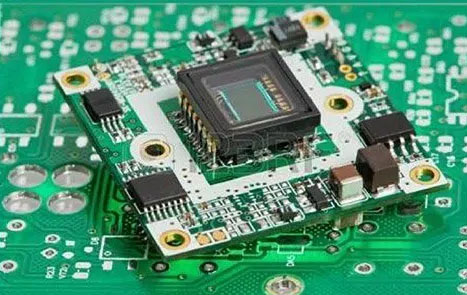


Printed Circuit Board Assembly is at the center of modern electronics, serving as the foundation for virtually all electronic devices. As technology evolves, advancements in PCBA are poised to revolutionize various industries, from consumer electronics to healthcare, automotive, and aerospace. These advancements promise not only to enhance product functionality and reliability but also to drive innovation across sectors.
One of the most significant trends in PCB Assembly is miniaturization, facilitated by High-Density Interconnect (HDI) technology. HDI allows for smaller PCBs with more components packed closely together, leading to devices that are lighter, more efficient, and more powerful.
This advancement has a profound impact on the consumer electronics industry, enabling the production of compact smartphones, wearables, and other smart devices that meet the demand for portability and performance.
In consumer electronics, miniaturization and HDI PCB technology enable manufacturers to produce sleek, powerful gadgets with extended functionality. This not only enhances user experience but also opens new possibilities for product design and innovation, setting new trends
in the market.
The development of flexible and stretchable PCBs marks another significant advancement. These PCBs can bend, twist, and stretch, making them ideal for applications where space constraints or flexibility is required. The potential applications in wearable technology, medical devices, and even automotive and aerospace industries are vast, offering new product development and design opportunities.
In healthcare, flexible and stretchable PCBs could revolutionize wearable medical devices, making them more comfortable and functional. This could lead to better patient monitoring solutions, innovative therapeutic devices, and advances in personal health tracking, significantly
impacting patient care and health management.
Additive manufacturing, or 3D printing, offers printing PCBs layer by layer, allowing for complicated designs that were previously too expensive or too challenging to manufacture. This technology can reduce waste, lower production costs, and shorten development cycles, making it a game-changer for the electronics manufacturing industry.

In the aerospace and automotive industries, additive manufacturing enables the production of lightweight, complex PCBs that can withstand harsh conditions. This can lead to more efficient, reliable, and safer systems in vehicles and aircraft, highlighting the cross-industry impact of
advancements in PCBA technology.
Artificial intelligence and machine learning's integration into PCBA processes represents a frontier in manufacturing. AI and ML can optimize production lines, improve quality control, and reduce errors, leading to higher efficiency and lower costs.
The use of AI and ML in PCBA manufacturing promises to enhance efficiency and reduce waste across industries. By streamlining production processes and improving quality assurance, companies can deliver higher-quality products faster, responding more effectively to market
demands.
The exploration and adoption of advanced materials and components in PCBA, such as conductive inks and nano-materials, offer enhanced performance characteristics. These materials can improve PCBs' durability, efficiency, and functionality, opening new avenues for product innovation.
The use of advanced materials in PCBA can lead to more sustainable manufacturing practices and higher-performing products. Industries focused on reducing their environmental impact, such as renewable energy and electric vehicles, stand to benefit significantly from these
advancements.